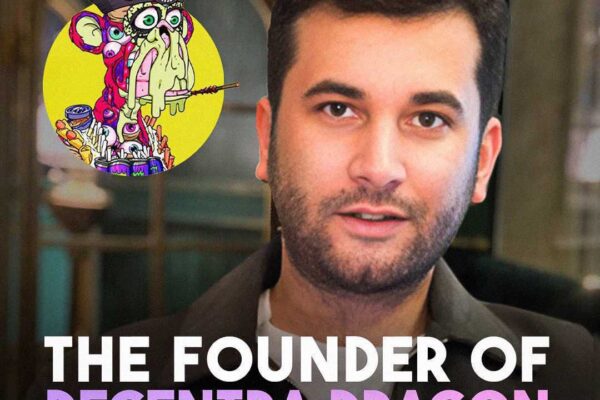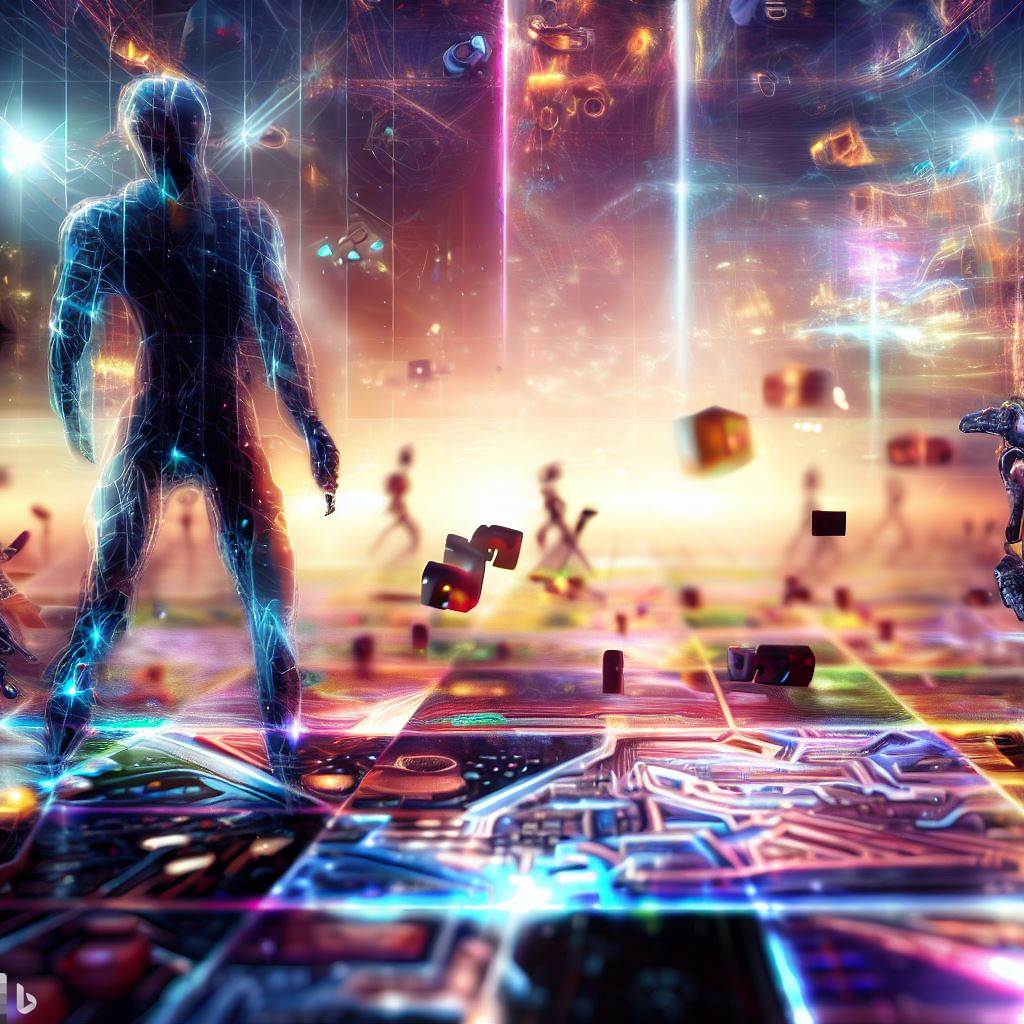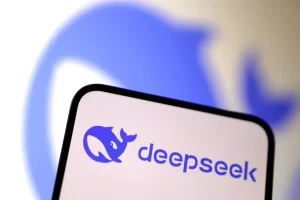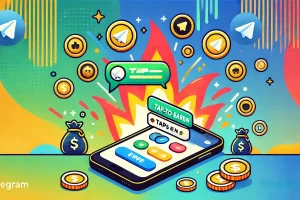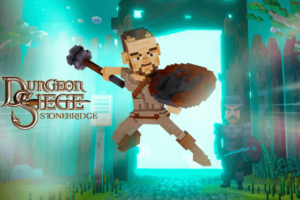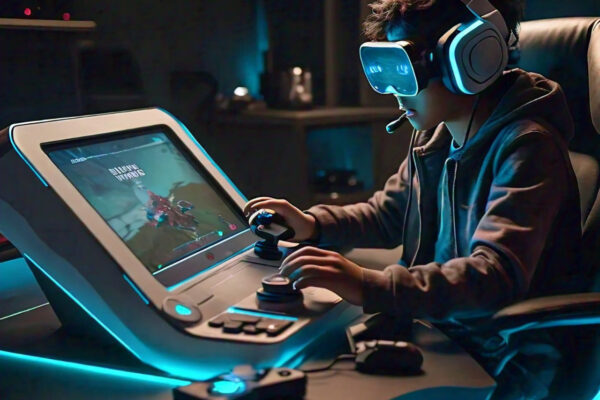Steam, the world’s largest digital distribution platform for PC games, has recently come under fire for its stance on games that incorporate AI-generated art. Reports suggest that the company is rejecting games that use this technology, citing potential copyright issues.
What is the issue?
The problem stems from the fact that it is often difficult to determine who owns the copyright to AI-generated content. This is because the AI itself is not a creative entity, but rather a tool that can be used to create derivative works. As a result, it is unclear whether the copyright to an AI-generated work belongs to the person who created the AI, the person who trained the AI, or the person who actually created the final work.
What does Steam say?
In a statement to PC Gamer, Valve, the company that owns Steam, said that it is “committed to ensuring that all games on Steam comply with applicable copyright laws.” The company also said that it is “working with developers to understand the complex legal issues surrounding AI-generated content.”
According to the Reddit post, Valve’s notice stated:
“After reviewing, we have identified intellectual property in [Game Name Here] which appears to belong to one or more third parties. As the legal ownership of such AI-generated art is unclear, we cannot ship your game while it contains these AI-generated assets.”
What does this mean for developers?
For developers who are considering using AI-generated art in their games, this news is likely to be concerning. It is unclear whether Steam will continue to reject games that use this technology, and it is also unclear how developers can ensure that their games comply with copyright laws.
Steam is rejecting games with AI-generated content, regardless of whether it is art or text.
This is not an isolated incident. Indie developer Jake Birkett recently tweeted about a similar response from Valve regarding AI-generated text in a game. Additionally, anonymous posters have alleged that their games were also met with resistance from Valve due to their AI-assisted content.
This raises concerns about the future of AI-generated games on Steam. If Valve continues to reject these games, it could stifle innovation in the field of AI-generated games. It could also lead to developers simply avoiding using AI-generated content altogether, even if it would make their games better.
It is unclear why Valve is taking this stance. However, it is possible that the company is concerned about the legal implications of AI-generated content. For example, it is not clear who owns the copyright to AI-generated content. This could make it difficult for Valve to ensure that all games on Steam comply with copyright laws.
Whatever the reason, Valve’s stance on AI-generated content is a major setback for the field of AI-generated games. It is important for developers to be aware of this issue and to weigh the risks before using AI-generated content in their games.
What are the implications for the future of AI-generated games?
The implications of Steam’s stance on AI-generated games are far-reaching. If Steam continues to reject games that use this technology, it could stifle innovation in the field of AI-generated games. It could also lead to developers simply avoiding using AI-generated art altogether, even if it would make their games better.
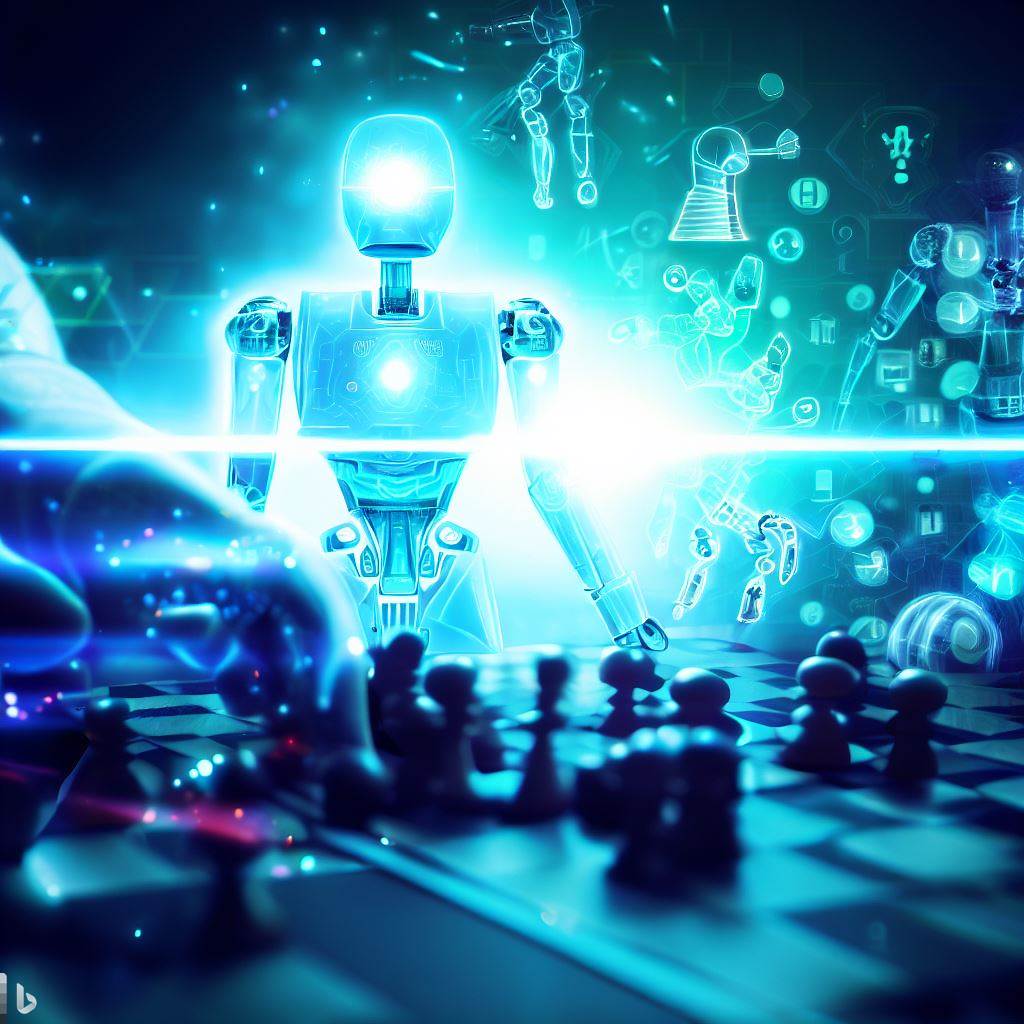
What can be done?
There are a few things that can be done to address the issue of copyright ownership for AI-generated content. One possibility is for the development of new laws that specifically address this issue. Another possibility is for the creation of industry standards that would help to clarify who owns the copyright to AI-generated content.
In the meantime, developers who are considering using AI-generated art in their games should proceed with caution. They should carefully consider the potential copyright implications of doing so, and they should make sure that they have the necessary rights to use the AI-generated content in their games.
Here are some additional tips for developers who are considering using AI-generated art in their games:
- Make sure that you have the necessary rights to use the AI-generated content in your games. This may involve obtaining permission from the creator of the AI, the creator of the training data, or both.
- Be clear about who owns the copyright to the AI-generated content in your games. This may involve including a copyright notice in your game’s credits or in the game’s documentation.
- Be aware of the potential legal risks associated with using AI-generated art in your games. If you are unsure about the legal implications of using AI-generated art, you should consult with an attorney.
The future of AI-generated games is uncertain, but it is clear that this technology has the potential to revolutionize the gaming industry. As the field of AI-generated content continues to develop, it is important for developers to be aware of the potential legal risks involved.

Want more? Connect with NFT News
Follow us on Twitter
Like us on Facebook
Follow us on Instagram
*All investment/financial opinions expressed by NFT News are from the personal research and experience of our site moderators and are intended as educational material only. Individuals are required to fully research any product prior to making any kind of investment.

This information is published by the NFT News media team.

